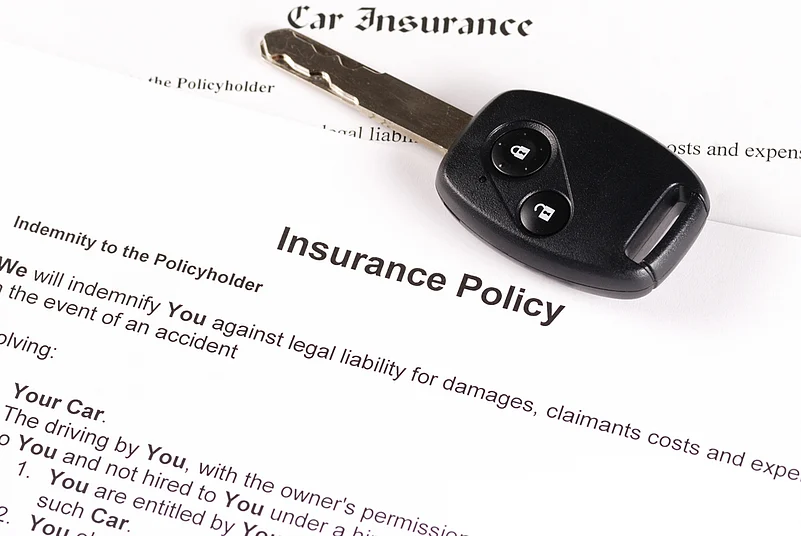The Motor Vehicle Act underwent a major transformation in the year 2019 when the government decided to increase the penalty on driving a vehicle without valid motor insurance from Rs. 1,000 to Rs. 2,000. Moreover, besides sending your vehicle to the service centre on the due date, it is equally important to renew its motor insurance before the expiry date. Driving with a valid insurance policy will not only save you from a penalty but will also make sure that your vehicle is protected against all possible damages to both– third-party and own vehicle. In case you fail to renew the insurance on the due date, you may have to go through a lengthy and tiring process of insurance renewal and you may also lose on various benefits attached to timely renewal.
Insurance Claims
Your insurance is only valid until the due date mentioned on the policy document. Once you do not renew the policy within the due date, it becomes invalid. This means any claims made against the vehicle post the due date will be straightway rejected by the insurer. Under such a scenario, the cost of repairs of your vehicle will need to be paid by you. In certain cases, this amount can be significantly high and you may have to break into your savings to get the vehicle repaired. Also, in case of damages to the third-party, a police complaint can also be registered against you for driving a vehicle without valid insurance. It is therefore always suggested to timely renew your motor cover so that the insurer does not ever reject your claim.
Save Your No Claim Bonus (NCB)
Just like health insurance, you also earn a no-claim bonus for every claim-free year in motor insurance. This means, if you do not make any claim during a policy year, the insurer rewards you with a bonus in the form of a discount on the premium of next year’s motor insurance. NCB starts from a certain per cent and keeps increasing on every claim-free year and the highest discount that you can avail of is up to 50 per cent, with zero claims in five consecutive years. Now, if you do not renew your vehicle’s insurance within the due date, you lose on the NCB benefit. Every insurer only offers NCB benefits to customers who renew their motor insurance policies within the due date and not beyond that.
Check on Premium
When you renew your motor insurance policy, the insurer always checks if your previous year’s policy is still valid or has expired. If the policy is still active, the insurer will charge you less premium on the renewal. However, in case of its expiry, the insurer will charge you an extra premium. Often, if you do not renew the insurance within the given time period, the insurer holds the right to reject your policy renewal request. Or if the insurer agrees to renew the policy, they will charge penalty fees which is very high. It is, therefore, better to renew the policy on time to save on premium.
Do a Hassle-Free Renewal
Renewing your motor insurance policy within the due date means a stress-free experience as all you need to do is fill in the details online and get the policy renewed within few hours. However, if the due date has passed, you will need to go through a long and tiring process to get the vehicle insurance renewed. You will need to fix an appointment with the insurer first, after which the insurer will send an agent to inspect the vehicle. Once the inspection is done and the agent is satisfied with the condition of the vehicle, a report is sent to the insurer, post which the policy is issued. This entire process takes a minimum of four to five days. These processes are time-consuming and inconvenient at the time.
The author is Head-Motor Insurance, Policybazaar.com
DISCLAIMER: Views expressed are the author’s own, and Outlook Money does not necessarily subscribe to them. Outlook Money shall not be responsible for any damage caused to any person/organisation directly or indirectly.


























